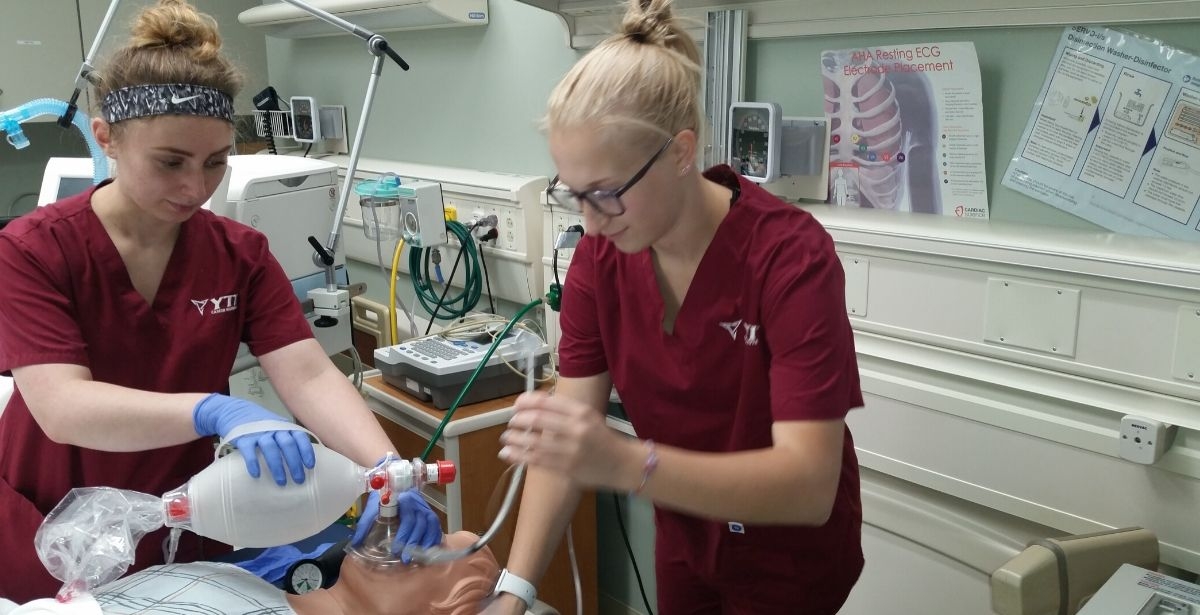
What Kinds of Schools Offer Essential Career Training?
A four-year college isn’t the only pathway to becoming an essential worker.
You’ve heard a lot about essential workers lately. And before COVID-19 hit, you probably instantly thought about doctors and nurses, firefighters and police officers. But now you know better. You understand that in a hospital, there are lots of support staff who help make things run. And the people who help keep communication lines open or make certain you have heat and air conditioning in your home and office are also pretty essential. If you want to keep working when others take a mandatory furlough, an essential career might be right for you.
But Where Would You Train for an Essential Career?
Those doctors spend more than a decade in school and training. They attend college, then medical school, then residency programs. But you could learn the skills to work in a hospital as a Medical Assistant, Respiratory Therapist or even as a Billing and Coding Specialist, at a career training school. And to work as an HVAC Technician or Electrical Technician, you could begin your training at a school that specializes in a hands-on approach.
What to Look for In Essential Career Training Schools
- Hands-On Instruction: To learn the skills of a career that requires you to use your hands and your brain, you need some hands-on training. You can learn a lot about the principles of electricity, cable lines, and building codes from textbooks and lectures. You can learn the theories behind heating systems and refrigerants. But when it comes time to install or repair an HVAC system, you’ll need to have had practice. And you won’t be asked to rewire cable connections on the job unless you’ve already done it. Make sure the career training program you choose allows you to do in their labs and shops those things that you’ll do on the job.
- Knowledgeable Instructors: Wouldn’t it be better to learn how to be a Medical Assistant from a Medical Assistant? It just makes sense that if you want to learn what it will be like in the real world, that you should hear from people who’ve been there already. They can provide you with valuable lessons and also highlight real-life examples from their careers. A textbook perfect scenario of how a patient is supposed to respond on a ventilator may be nothing like the real thing when it’s a new virus. And nice new HVAC systems may be nothing like the ones you’ll see on the job. An experienced technician can give you what-if examples with solutions that actually work.
- Institutional History: The school you attend should be accredited and have a history of training professionals who successfully use their skills on the job. Find out how long it has been doing what it does. Ask to speak to students and graduates. Where have people gone on to work?
Want to get training for an essential career? At YTI Career Institute, we’ve been helping students become skilled employees for more than 50 years. We offer career training programs in essential areas at our campuses in York, Altoona, and Lancaster. And our instructors are passionate professionals who care about the industries they serve and our students!


